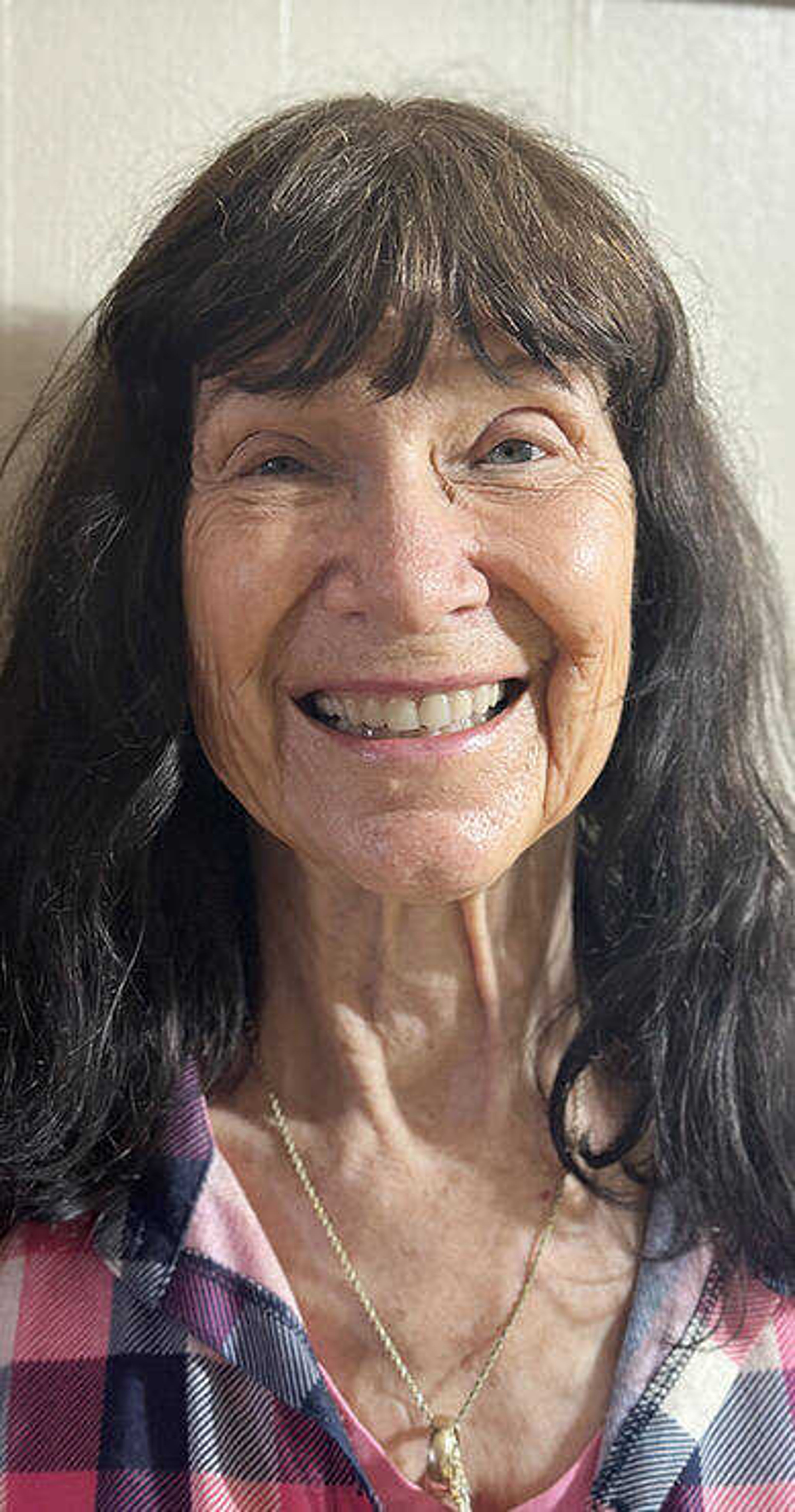Thanking God for mistakes and hardships
A mountain man once said, "Overcoming challenges is all a part of life." A truer statement was never made. If that statement is correct, then why do we become surprised, shaken, fearful and depressed when something unpleasant happens to us? Yet almost all, if not all of us, allow the results of what's occurring presently, to discourage us from continuing on our journey. ...
A mountain man once said, "Overcoming challenges is all a part of life." A truer statement was never made. If that statement is correct, then why do we become surprised, shaken, fearful and depressed when something unpleasant happens to us? Yet almost all, if not all of us, allow the results of what's occurring presently, to discourage us from continuing on our journey. We lose interest in finishing our goals, for which we've striven so long? Are we thankful at the time, for the suffering caused by burdens and troubles that are upsetting to us? Of course not! Most times we become angry, afraid of what the future may bring, or what will happen to us and our loved ones. We see and imagine only the bad that can come as a result of unfortunate incidents or losses.
We are often prone to look back at what we could've or should've done, -- or left undone. We experience feelings of regret and sadness, wishing we could still change what has passed, or rectify mistakes that happened long ago. I frequently ponder such things as, "If I had only known earlier what I know now, I would have appreciated people more." Then.after the person was gone, I realized how much I had taken them for granted, like they would always be here. When I look back, now, hopefully, I will remember that what we planned to do for someone, tomorrow, needs to be done today. We need to say "I love you' today, we need to send that gift we've been intending to send, give that hug and reveal to people how much we care, now. A relative, Dorothy, brought the importance of showing love to my attention. She, recently, told me about a compliment her grandson had paid her during a rare visit. He was a grandson that seldom acknowledged any love for her. This time, however, as he left to return home, he turned to her and said, "I'm so glad you're my grandmother." She was overjoyed and exploding with happiness. Her reaction was so endearing that I vowed I would learn from her gratefulness, and practice showing outward signs of love.
Why do we allow worry to traumatize us? Fear is the reason for much of our response and acceptance of the bad that occurs. We can become fearful of what's going to change in our lives, as a result of what's happened. Fear is actually the reason why we can't accept the bad that happens to us. Former President, Franklin D. Roosevelt, stated that "The only thing you have to fear is fear itself." I agree with the statement. We need to first ask ourselves what we have to fear or lose, concerning our challenge. Usually there is a relatable reason for the fear. If you suffer a financial loss, you may fear losing a home, not being able to educate your children adequately, or losing what your think is the love and respect of your friends. Perhaps you fear deprivation of food and shelter. There are many reasons for the cause of your fear.
The same analogy can be true during the loss of a loved one, particularly one close to you. This could be a spouse, child or another. It's natural to miss them and suffer that lingering feeling of the loss of their presence. The loss can seem insurmountable. You can fear being alone, having to take over responsibilities, of which you're unfamiliar, and fear the new role you're now forced to assume. Finding what disturbs you most when bad things happen, is a key to opening that door to healing.My belief is that everything happens for a reason so one must try to find a way to go on with his life, and see, what he can learn from the feelings and discomfort he's endured because of his experience.
Author, Maghon Taylor, a woman faced with many trials, and acknowledging her many, mistakes, says, "God does not waste our pain. If you will let Him, He can turn our trials into our testimony, our mess into our message and our mistakes into confetti."
Connect with the Southeast Missourian Newsroom:
For corrections to this story or other insights for the editor, click here. To submit a letter to the editor, click here. To learn about the Southeast Missourian’s AI Policy, click here.









